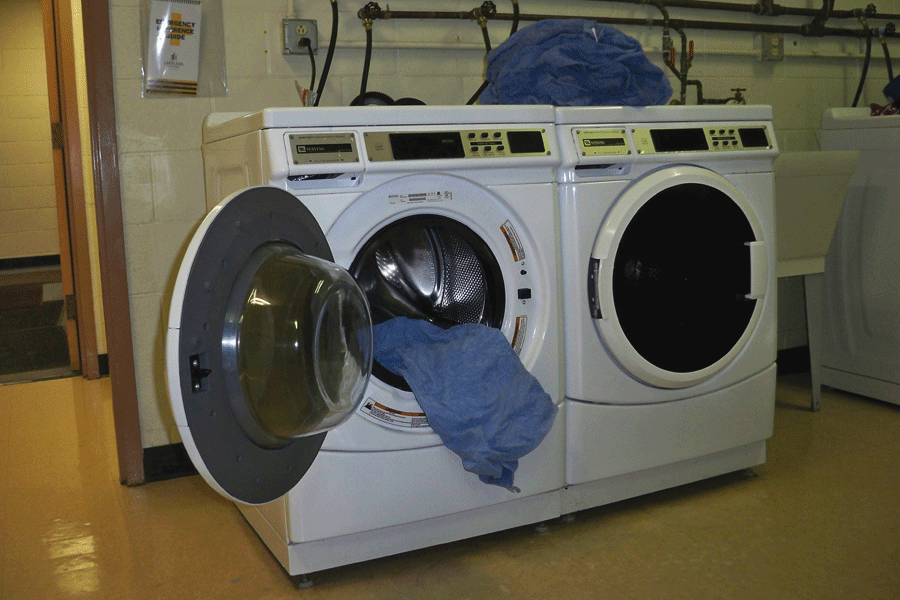Room checks spark student feedback
November 14, 2018
The Health Service Safety checks during Oct. 22-26 were implemented by Interim Director of Residence Life Michaela Smith as a way of keeping student living conditions in check.
The visual inspection, which was Lakeland’s first in four years, spanned throughout all campus living areas and included checks in bedrooms, kitchens, bathrooms and living rooms. For Smith, it is “a new way to monitor mid-semester how damages are going in the apartment, gauge the things that are breaking the most and see if students are really educated on how to take care of their space and the environment they live in.”
Residence staff focused on minimizing maintenance issues and minimizing the risk of fires in the residence buildings. According to Smith, “There were a lot of concerns from our custodial staff and our maintenance staff about the current conditions of all of our housing options.” She added that she keeps student feedback in mind, as well. “I think that’s a student concern, too. I think that’s why so many people are disappointed with the suites and other things that don’t function well at Lakeland.”
The checklist used during room checks included appliances, balconies, decks, electrical wiring and falling or excess clutter. Students found violating campus policy during the inspection (i.e. keeping weapons) were to be referred to the conduct process.
Passing the health inspection meant students could get back to daily activities. Failing the inspection resulted in students meeting with residence life staff to receive a fine equal to any damages. Students had five days from the end of their inspection to resolve any issues, which would then result in the fines being dropped.
Concerns about the reason for the inspection and how students were informed came up on campus. Nate Vanderwaal, a business hospitality major, had a bit of speculation about the inspection after briefly hearing of it. “I was a little suspicious that they were searching for other things not on the list,” he said.
Senior hospitality major Tali Coleman also commented on the process. “I was aware over email, but I didn’t notice the inspection,” he said. “Honestly, I didn’t think they communicated very well. They just sent out an email.”
Smith clarified the health check was only for safety, addressing the student concern that the inspection was specifically meant to find conduct-violating items like drugs or weapons. However, Smith was still obligated to report said items if they were found.
Smith explained how she sent notification emails two weeks before the inspection to avoid surprising students. “It was really important for me that all the students receive notification at least a week in advance,” she said.
Questioned about his privacy, Vanderwaal acknowledged the legality of the process. “A landlord could do it,” he said. “As long as they don’t go through my stuff, it’s fine. They came in, checked the apartment, and that was that.” Vanderwaal thought the experience helped him and his fellow students prepare for adulthood.
Coleman, who was not happy about the way he was informed of the room checks, suggested some ideas. “They should’ve had hall meetings and sent the emails earlier with some follow ups,” he said.
Smith is thinking of ways to minimize the miscommunications between Residence Life and students. “The hard thing is that I want to know how students want to be communicated with. Because our email system is what of all our staff at Lakeland use now. And I don’t have another way of sending mass messages through campus.”
Smith wants to know what the students want. “Without the students, there is no university. I want students to feel like when they get an email, they can disagree.”


